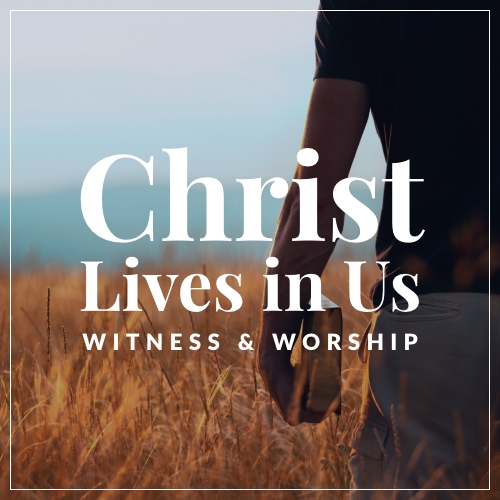* Please note that there will no longer be a Thursday evening lecture. *
Friday Evening - Convocation Keynote Address
"Enlarge the place of your tent, do not hold back": Reflections on the missional calling of the Canadian Reformed Churches
by Dr. Arjan de Visser
Saturday Morning - Session 1
The Rise and Fall of Empires, and the progress of the Kingdom of Christ
by Dr. Erik van Alten
The rise and fall of earthly empires stand in contrast to the inexorable progress of the Kingdom of Christ. This introduces us on the one hand to cyclical elements, and on the other hand to linear elements in our view on history. What are the implications of this for the witness of the church? How do we introduce the ‘rise and fall’ elements to unbelievers, and how do we show them their place in the progress of the Kingdom from its beginning until its consummation?
Saturday Morning - Session 2
God's Battle Lines: The Antithesis in the Preaching of the Gospel
by Dr. Jannes Smith
This presentation will address the following sorts of questions: What is the antithesis, and where does the idea of the antithesis come from? How can the theme of the antithesis be traced through the Bible, from the enmity between the seed of the woman and the seed of the serpent to the final victory of Christ over Satan? What place should the antithesis have in the preaching of the gospel? Can this theme be misused or overemphasized? How does the minister ensure that his sermons draw the battle lines correctly?
Saturday Afternoon
“Feed My Lambs”: Catechetical instruction within the unity of purpose of home, church, and school
by Dr. Christine van Halen-Faber
Teaching and encouraging youth in the faith has been and continues to be an important part of the ministry of the Reformed Christian church.
We will examine how catechetical instruction has a central role in reaching and teaching youth. By means of catechetical instruction, the youth of the church will increase in their knowledge of God and will be able to hone the skills needed to articulate their faith.
We will also consider how catechetical instruction is an invaluable component in the threefold cord of home, church, and school. Bound together in unity, each strand has its distinct responsibility in helping youth “to be entirely committed to him whose mark and emblem we bear.” (BC Art.34)




